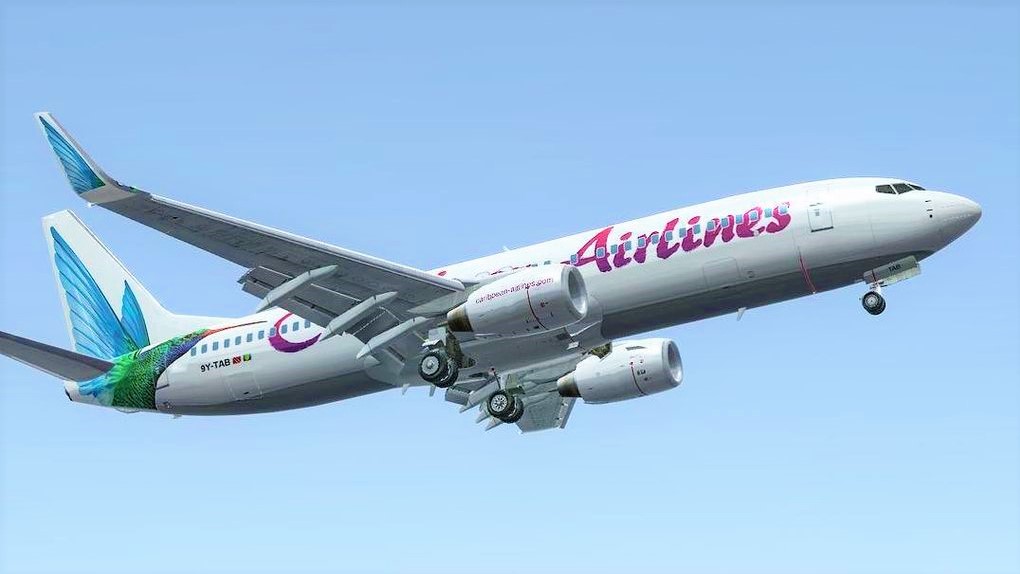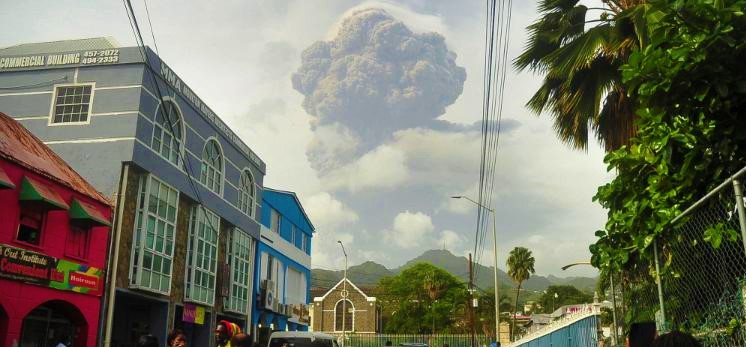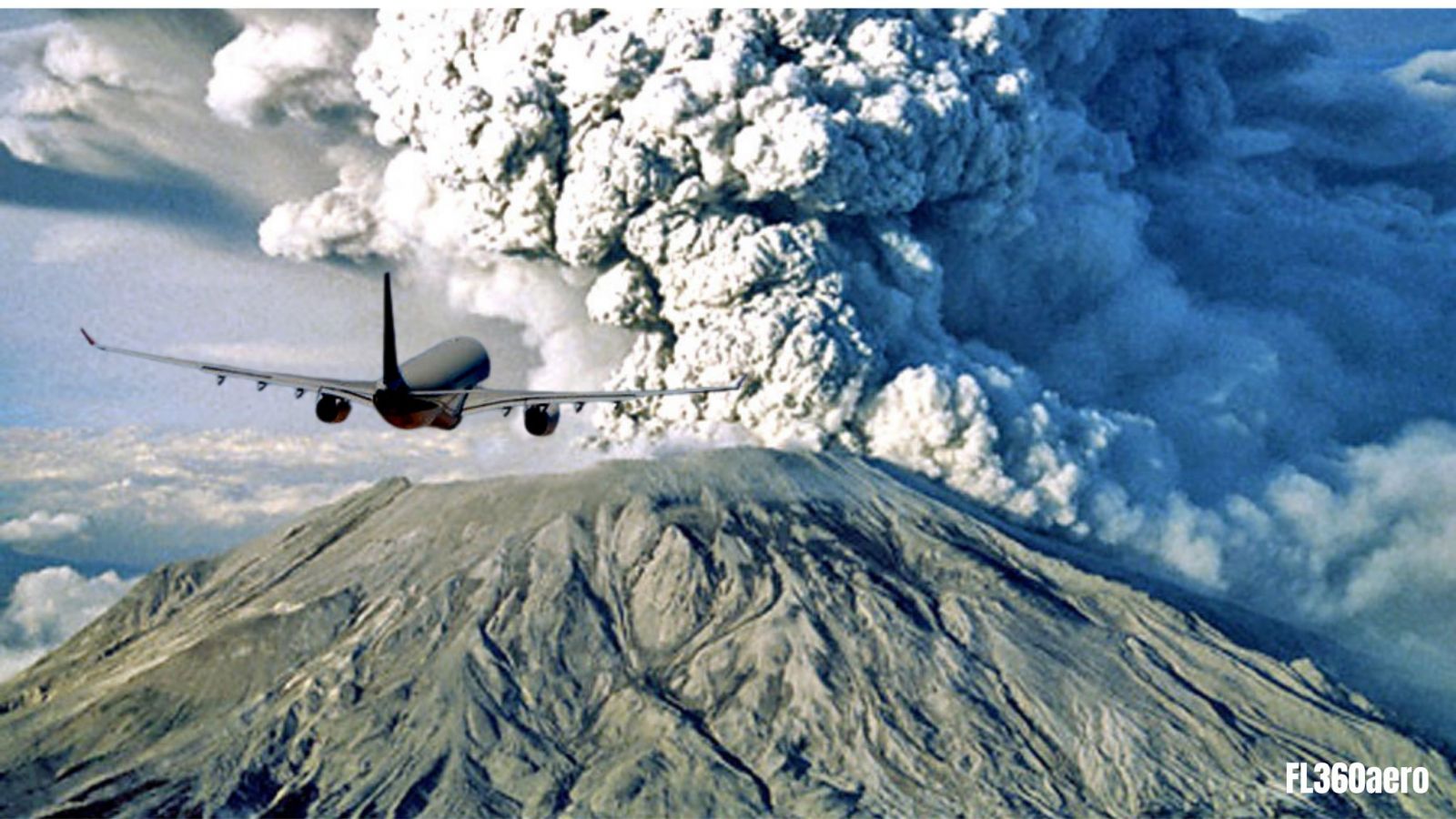


La Soufrière or Soufrière Saint Vincent was sleeping since 1979, suddenly began erupting on 9th of April 2021. It is an active stratovolcano on the Caribbean island of Saint Vincent in Saint Vincent and the Grenadines.
It has had five recorded explosive eruptions since 1718. The current volcanic eruption, that can create adverse conditions for the flight safety is expected to continue for days or even weeks.
Trinidad based Caribbean Airlines has announced in it's website, that it’s canceling multiple flights due to recent eruptive activity from the La Soufrière volcano in St. Vincent and the Grenadines.
Due to the volcanic ash, the air operations in the eastern Caribbean have been disrupted, several airports have been closed.

The affected airports are Argyle International Airport in Kingstown, San Vicente, and Grantley Adams International Airport in Bridgetown, Barbados.
Caribbean Airlines has announced cancellation of numerous flights to Barbados from Antigua, Saint Vincent, Grenada, Ogle, Kingston, New York, and Dominica.
American Airlines, InterCaribbean Airways , Inter-island commuter airline LIAT , JetBlue, and British Airways have also canceled their flights to several islands in the region.
Due to the Flight cancellations, Life-saving Cargo Services has been affected badly apart from passenger travel.
The Caribbean Airlines Cargo has also been the important link for transporting humanitarian supplies, personal protective equipment (PPE), COVID-19 test kits, to support the region.
Marklan Moseley, general manager of cargo and new business at Caribbean Airlines, said:
“Caribbean Airlines is well-placed to support our region in its efforts towards recovery from the COVID-19 pandemic. We have successfully delivered COVID-19 vaccines to Barbados, Dominica and Guyana and are committed to continuing the swift, secure and seamless movement of these important shipments as the Caribbean rolls out vaccination programmes.”
It is always wise to avoid volcanic ash, as it is not just a thick black smoke ! Following the Eyjafjallajökull volcano eruption in Iceland in 2010, ICAO had strict guidelines to avoid any volcanic ash.
The guidance read : “in the case of volcanic ash, regardless of ash concentration — avoid , avoid, avoid.”
Volcanic ash is among severe airborne threat to operation of any aircraft, specifically for the engines. There have been recorded incidents of aircrafts flying through volcanic ash, only to suffer Inflight engine shut downs (IFSD) and endanger the flight.
► Volcanic ash particles in the atmosphere can abrade nose surfaces, including windshields, fuselage skin & compressor fan blades.
► Contamination also can lead to failure of critical navigational & operational instruments.
► Ash particles sucked into an engine can melt quickly & accumulate as re-solidified deposits in cooler parts , degrading engine performance even to the point of in-flight compressor stall & IFSD.
► Out of 79 Known Incidents (1953-2011), 26 involved in significant to very severe aircraft damage, including 9 cases where engine failure occurred during flight.

► Upon Landing , Aircraft is grounded untill the Volcanic ash encounter procedure has been completed on the aircraft as per Aircraft maintenance manual.
► Inspection of the engine for evidence of damage or excessive erosion.
► Borescope inspection of the High Pressure Compressor (HPC) & the High Pressure Turbine (HPT) for evidence.
► Contact Manufacturer or the OEM (Original Equipment Manufacturer) on the limit exceed.
Text your Views about the Volcanic ash and its effects !
